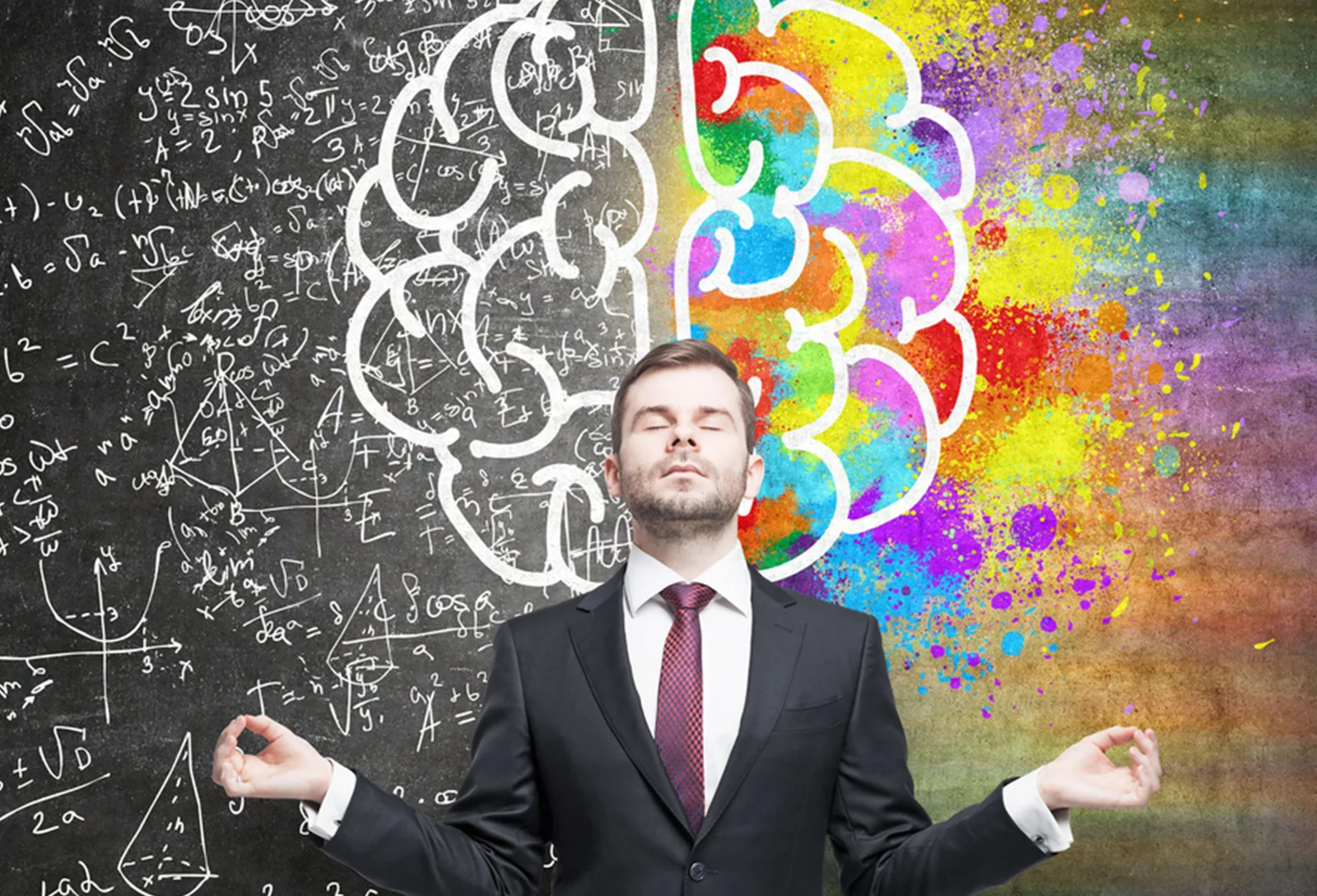Emotional Intelligence (EI) is crucial for students, impacting their academic success and well-being. It involves recognizing, understanding, and managing emotions in oneself and others. EI extends beyond academics, nurturing students’ overall development to prepare them for life’s challenges.
Understanding Emotional Intelligence
What is Emotional Intelligence?
Emotional intelligence is the capacity to be aware of, control, and express one’s emotions, and to handle interpersonal relationships judiciously and empathetically. It involves the ability to perceive emotions accurately, understand their meanings, and manage them effectively.
The Components of Emotional Intelligence
Self-awareness: Recognizing and understanding one’s own emotions and their effects on thoughts and behavior.
Self-regulation: Managing and controlling one’s emotions, impulses, and reactions.
Motivation: Harnessing emotions to achieve goals, persevere in the face of setbacks, and maintain a positive outlook.
Empathy: Sensing others’ emotions, understanding their perspectives, and responding with compassion.
Social skills: Building and maintaining healthy relationships, communicating effectively, and resolving conflicts.
The Role of Emotional Intelligence in Education
Academic Performance
Students with high emotional intelligence are better equipped to manage stress, focus their attention, and persevere through challenges, leading to improved academic performance.
Classroom Dynamics
Emotionally intelligent students contribute positively to classroom dynamics by demonstrating empathy, effective communication, and leadership skills, creating a conducive learning environment for their peers.
Personal Development
Emotional intelligence fosters personal development by enhancing self-awareness, resilience, and social competence, which are essential for navigating life’s complexities beyond the classroom.
Implementing Emotional Intelligence in Education
Curriculum Integration
Integrating emotional intelligence into the curriculum through activities, discussions, and role-playing exercises can help students develop these crucial skills alongside academic learning.
Teacher Training
Providing teachers with training in emotional intelligence equips them to create supportive classroom environments and effectively address students’ emotional needs.
Parental Involvement
Involving parents in promoting emotional intelligence at home reinforces its importance and encourages its development in students’ everyday lives.
Frequently Asked Questions (FAQs)
Q. How does emotional intelligence impact academic performance?
Emotional intelligence positively influences academic performance by helping students manage stress, focus their attention, and navigate interpersonal relationships effectively, leading to improved learning outcomes.
Q. Can emotional intelligence be taught?
Yes, emotional intelligence can be taught and developed through education and practice. Schools can integrate emotional intelligence training into their curriculum to help students cultivate these skills.
Q. How does emotional intelligence benefit students beyond the classroom?
Beyond academic success, emotional intelligence equips students with essential life skills such as resilience, empathy, and effective communication, which are valuable in personal and professional contexts.
Q. What role do teachers play in fostering emotional intelligence?
Teachers play a crucial role in fostering emotional intelligence by creating a supportive classroom environment, modeling emotional awareness, and providing guidance on managing emotions and relationships.
Conclusion
Emotional intelligence is a vital component of education that contributes to students’ academic success, personal growth, and future prospects. By nurturing emotional intelligence in educational settings, we can empower students to become resilient, empathetic, and successful individuals who are well-prepared to face the challenges of the modern world.












